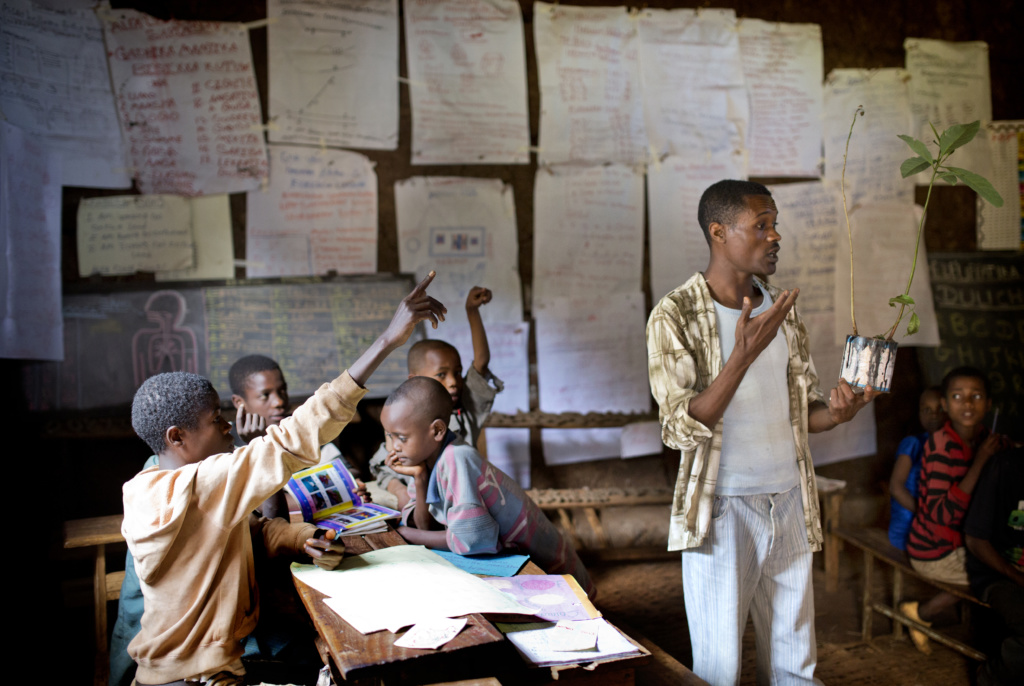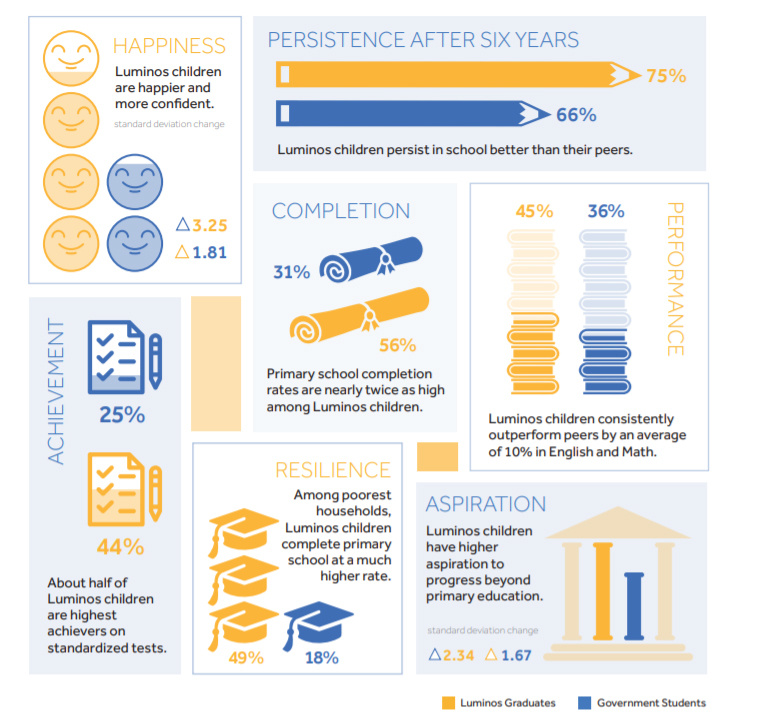
The UK government is looking at longer school days and shorter holidays and is setting aside money for Catch-Up programmes run on traditional lines with individual and small group tutoring.
Around the world, communities have been dealing with this issue for many years. Many children from the lowest resource backgrounds have been out of school for years, not just months, and are in a way lost to the education system.
At least one study reference shows that one month out of school can equate to a learning loss of one year (Andrabi, et al., 2020), with more children than ever before in the UK affected by time out of school. However, there is no need to panic.
Now is the time to look to those who champion education where it is most challenged, and to learn good practice from international education systems.
Insights from international education
The Luminos Fund, a not-for-profit international education organisation, operates in Ethiopia, Liberia, and Lebanon. We’d like to offer a way forward, drawing on the Luminos Fund’s insights from working with the hardest-to-reach children.
It’s not about telling them how to catch up – it’s about looking to proven methods from those who champion education where it is most challenged, to get young people back in schools, motivated and excited about learning how to learn again. Some of these lessons could truly help to transform education in the UK.

The three key components
- Second Chance classes and an accelerator programme – The Luminos Second Chance Programme condenses three years’ worth of learning into 10 months. It takes on an activity-based learning pedagogy and celebrates local culture, drawing on the power of play to inspire organic growth
- Parental engagement and peer learning - Luminos helps to break down some of the barriers in education by engaging teacher, parent and child in the education process. This collaborative learning enables children to become educators in their own rights. These work in low resource contexts such as in rural Ethiopia and Liberia, but could they work in a higher resource setting such as in the UK?
- Community mobilisation and capacity building - Trained programme leaders and non-governmental organisations (NGOs) partner and work with local and national governments to extend the reach of these initiatives and adapt their approach to local contexts.